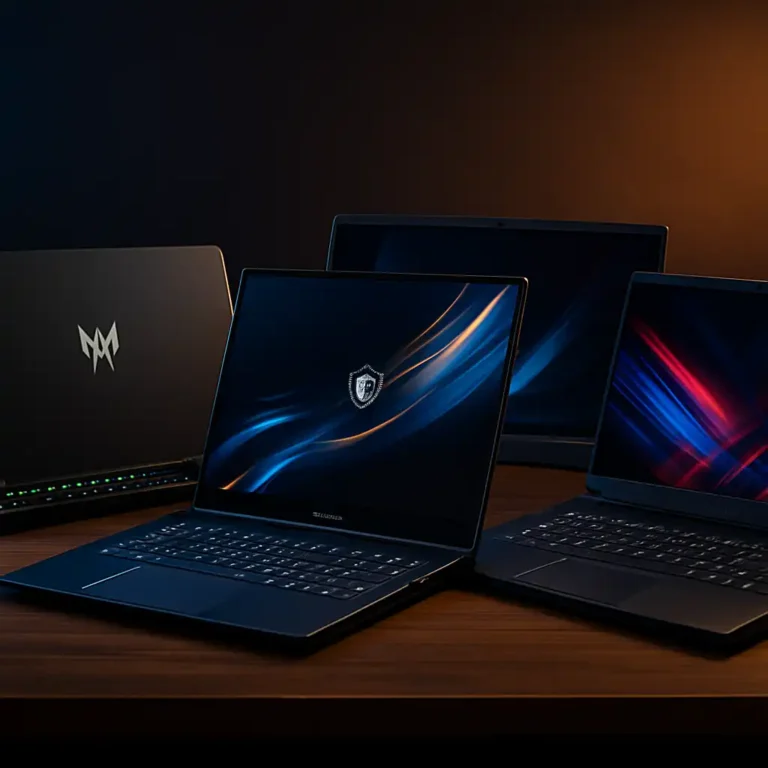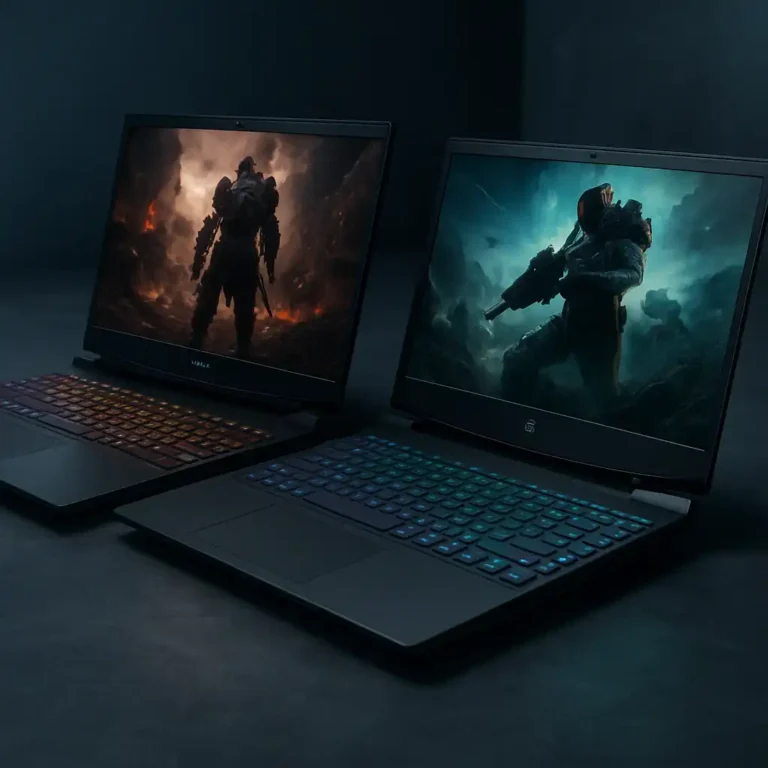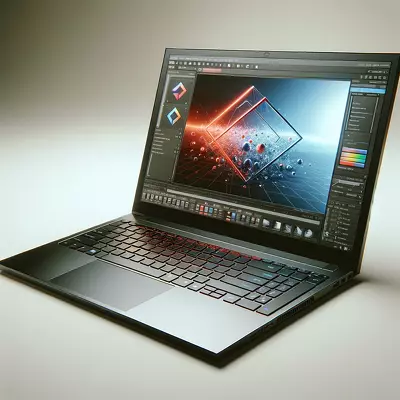Gaming Laptop vs Gaming PC Power Consumption: Which One Uses Less Energy?
Choosing between a gaming laptop and a gaming PC often comes down to performance, portability, and cost. However, power consumption is another key factor that gamers should consider. Understanding how much energy each device uses can help you make a smarter decision, especially if you’re gaming for long hours or aiming to reduce your electricity bill. Let’s break down the differences in power consumption between gaming laptops and gaming PCs.
Power Consumption in Gaming Laptops
Gaming laptops are designed to deliver high performance while remaining portable. As a result, they use hardware that balances power efficiency with performance.
Key Factors Affecting Power Consumption in Gaming Laptops
- Lower TDP (Thermal Design Power): Laptops use energy-efficient components that generate less heat, reducing their overall power draw.
- Optimized Components: Gaming laptops often feature mobile versions of GPUs and CPUs, designed to operate at lower wattages.
- Power Limits: Laptops automatically adjust power usage based on workload, minimizing energy consumption during lighter tasks.
On average, a gaming laptop typically consumes between 100W to 200W under full load, depending on the hardware specifications. Entry-level models with mid-range GPUs use less power, while high-performance gaming laptops with advanced cooling systems can approach the higher end of this range.
Example Power Consumption for Popular Gaming Laptops
- Mid-range gaming laptop (RTX 3060 + Intel i7) — ~130W
- High-end gaming laptop (RTX 4080 + Intel i9) — ~200W
Power Consumption in Gaming PCs
Gaming PCs are built for raw performance, often without the same power efficiency constraints as laptops. With larger power supplies and desktop-class components, they generally consume more energy.
Key Factors Affecting Power Consumption in Gaming PCs
- Higher TDP Components: Desktop GPUs and CPUs are designed to maximize performance, often consuming more power to achieve this.
- Additional Hardware: Gaming PCs frequently include multiple fans, RGB lighting, extra storage drives, and larger motherboards, which all increase power consumption.
- Overclocking Potential: Many gaming desktops are designed for overclocking, which can significantly increase power usage.
A typical gaming PC may consume between 300W to 800W depending on the system’s specifications and load. High-end builds with top-tier GPUs, custom cooling systems, and multiple peripherals can push power consumption even higher.
Example Power Consumption for Popular Gaming PCs
- Mid-range gaming PC (RTX 3060 + Intel i5) — ~350W
- High-end gaming PC (RTX 4090 + Intel i9) — ~750W or more
Energy Efficiency Considerations
When comparing energy efficiency, gaming laptops often have the upper hand for several reasons:
- Power-Saving Modes: Laptops feature aggressive power management options that automatically reduce consumption when idle.
- Integrated Battery Support: Laptops draw less power than desktops even when plugged in due to optimized battery charging algorithms.
- Fewer Components: Laptops eliminate power-hungry extras like custom cooling systems and large RGB setups.
That said, desktops equipped with modern, high-efficiency power supplies (rated 80 PLUS Gold or higher) can be more efficient for prolonged gaming sessions.
Which Option Is Right for You?
- Choose a Gaming Laptop if you prioritize portability, energy efficiency, and occasional gaming sessions. Their lower power consumption makes them a smarter choice for users aiming to reduce energy costs.
- Choose a Gaming PC if performance is your top priority, especially for demanding games, VR setups, or content creation workflows.
For gamers on a budget or eco-conscious users, a mid-range gaming laptop is an excellent balance between performance and energy savings.







